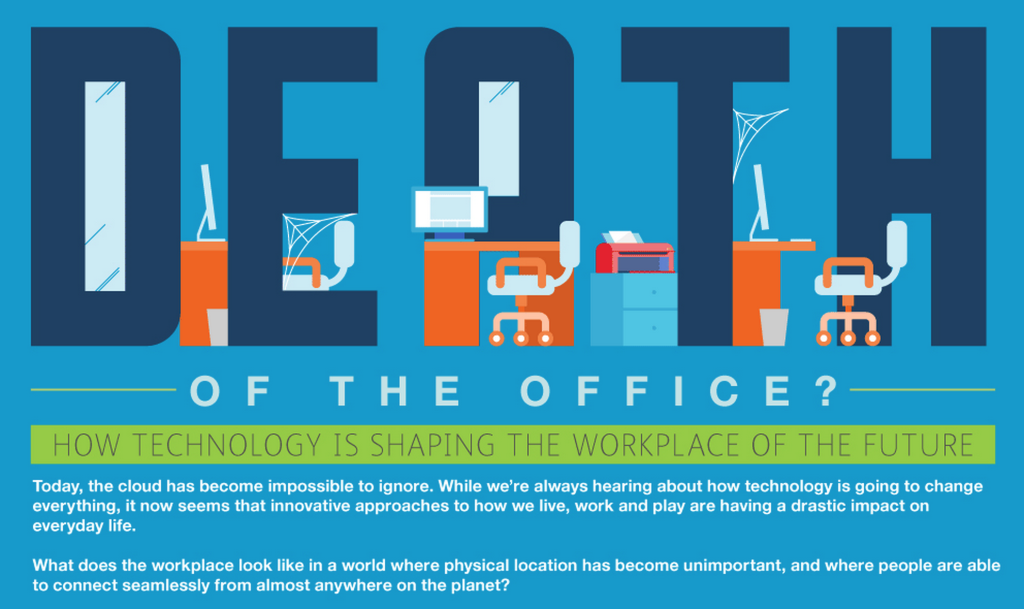Digital Nomad
by Martin Dower.

Will we all quit the wasteful commute, and work in our local Starbucks?
I was recently interviewed by a Sunday Magazine about our approach to virtual working and digital nomadary (!). It was a fascinating experience, so I thought I share my view here before a heavily edited version appears in print!
I’ll begin with some background. When we formed our agency in 1996, we were just two peeps – Jerry lived in Dartford and I lived in Yorkshire. To quote Lady Gaga… “we were born this way”. I had worked at home, and remotely, in the UK and US for five years by then so it seemed the natural way to work. And it worked.
We’re a digital agency so everything we do is over the Internet. This made our life easier, however in 1996 lots of core technologies we now take for granted (Wi-Fi, 3/4G, High-Speed Internet etc) didn’t exist. As a result we created our own infrastructure, cobbling together existing technologies to create a working environment.
Of course, today you don’t need to be a geek to build remote working environments – the world has moved on and now almost anyone can work remotely with a £200 tablet and a 4G contract. But what has this got to do with the end of the office?
It seems the office came into existence to provide a working infrastructure that dealt exclusively in a paper-based world. When the computer came along they were for the “fortunate few” and most still used paper. It has stayed that way for a third of a century, but it’s changing (has changed?) faster than you realise.
Working from anywhere is changing everything
When I tell people I work from anywhere and hardly ever go into an office they treat me differently. Sometimes they’re jealous of avoiding the daily commute, or “the asshole who works in production”. Sometimes they just think I’m skiving and not working at all.
In fact the “working from anywhere” for me also means “working anytime I fancy it” so I can understand why some folks think I just breeze through my 25 working week watching telly and playing games. That couldn’t be further from the truth – but I can see why they might think that.
The office and desk you go to every day has become a ritualised habit, founded on a lack of employee trust, misplaced understanding of co-working and just plain laziness IMHO. The office serves the “masters plan” very well indeed, it allows the employee to be ensnared, watched and controlled.
However, it doesn’t serve the employee very well – working efficiency, outside interests, family, health, wellbeing and motivation are all harmed by the ritual of the office. Think about it, if you have something really important to do that requires concentration and focus then where do you go? I bet it’s not the office.
And work is changing. It’s ceasing to be a function of attending a fixed space for 40hrs a week – it’s becoming an “experience” and the new generation of workers (the feared Gen Y and Z) spends almost every waking hour online. Staying digitally connected is like breathing to the upcoming generations.
The primary reasons of going to an office (collaboration, access to infrastructure and management) are all simple to deliver over the cloud. Moving to a “Work Anywhere” structure doesn’t mean the end of the office, far from it, it does mean that shared spaces will change and be far more flexible. And that for many is the end of the traditional office and a move to co-working hubs, virtualised spaces. For some it means working at Starbucks.
And what’s the upside?
The list is pretty long, and with almost no downsides I wonder why more organisations aren’t taking the plunge. We’ve been fully location independent for 2.5 years now and here is what we’ve found, so far.
- A more productive workforce. Working hours are reduced and more work is done, nuts eh?
- Reduced cost. Savings so far, for our small agency is over £250k
- Happier, more satisfied team as they choose their own environment and there is now zero office politics. Reduced fixed costs means we pay our people better, approximately 20% higher than the market rate.
- Greater collaboration. Without the bullshit or toxic meetings. We use a range of cloud-services to create a cohesive and fast-moving team.
- Fewer working hours. We start and stop when we want and are flexible around the rest of life that goes on outside work.
- Improved client relations. When people are happier, this comes across and we’re also more helpful and keen to get problems fixed rather than spin-out that grim post-lunch energy lull.
- Access to a wider talent pool. No longer limited to hiring folks within a 1 hour commute of Central London or Leeds, we can and do have staff based across the UK.
- Reduced environmental impact. We used to spend £10k per annum paying for carbon credits to “cover the cost” of running a 2,500 sqft office plus 10 people commuting. We probably have the lowest carbon footprint per person of any digital agency in the UK.
Downsides? There has been a few, almost entirely related to people’s resistance to change – we’ve lost a few people over the last few years as they struggled to adapt to “working anywhere” and we’ve also said goodbye to a couple who didn’t embrace the change.
And finally
During my phone interview with the journalist, I could sense incredulity. It was suggested that this was quite a radical departure from the way we work today, and that’s true. But listen and watch the great and good business leaders, this is where they’re heading. Watch out, you’re next!
